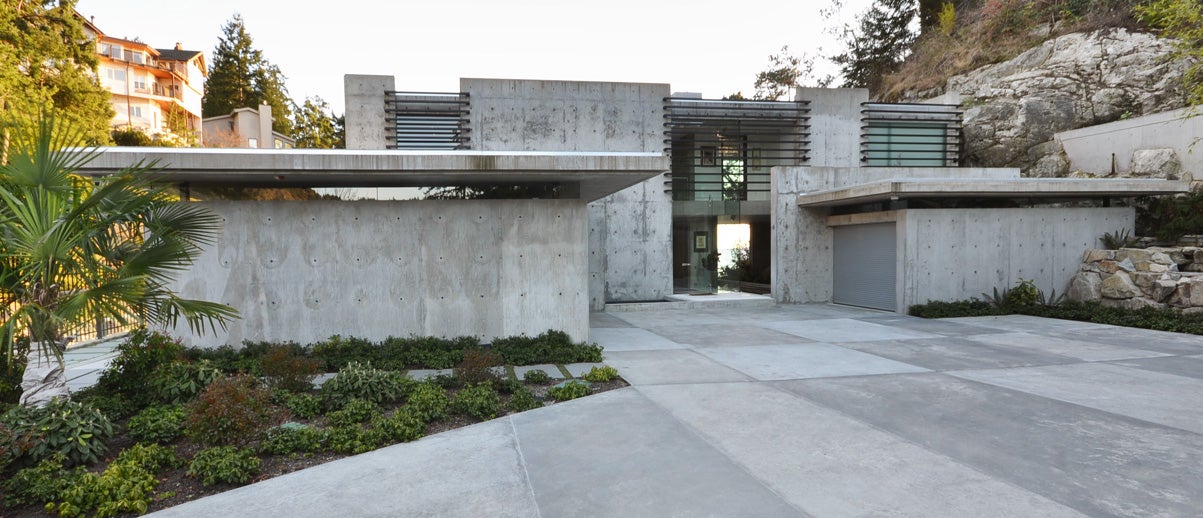
Figures revealed by Finance Minister Carole James on Thursday showed homeowners in West Vancouver paid almost $6.7 million in the province’s new speculation and vacancy tax in 2018.
You may have assumed that West Vancouver would of been the highest paying location for the Vacancy Taxes, however they were the third highest amount among B.C. municipalities. Coming in second is Richmond, where owners have paid nearly $8.4 million and Vancouver where owners paid over almost $19.3 million.
However, the amount paid by West Vancouver homeowners still was higher then what all of the other large municipalities ended up paying like Surrey, where the owners have paid just over $4 million in the tax in 2018, and then there is Burnaby where owners paid around $3.5 million.
A total of 337 out of all 15,352 houses in West Vancouver were subject to the speculation and vacancy tax, this is about two per cent of the properties. This data is according to statistics provided by the ministry.
As in other areas of Metro Vancouver, most of the homeowners paying the tax in West Vancouver were foreign owners or members of “satellite families” – where some members of the family live locally but the breadwinner typically earns most of the household income overseas.
In West Vancouver, foreign owners forked over more than $3 million in speculation and vacancy tax in 2018 while “satellite families” paid just under $2.6 million. In contrast, B.C. residents hit by the tax in West Vancouver paid $608,000 towards government coffers, other Canadians paid $122,000 and other types of owners like corporations and trusts paid $306,000.
The average amount that foreign owners were paying across the province were a total of $5,530 of the tax, while satellite families paid an average of $6,333. However according to the figures from the government, owners in West Vancouver had to pay a much more significant tax with an average of around $20,000.
That’s about twice what owners subject to the tax paid in the City of Vancouver.
In 2018, the tax was .5 per cent of the property’s assessed value. In 2019 that tax rate goes up to 2 per cent of assessed value for foreign owners and satellite families. This huge boost in the percentage is definitely going to make a large amount of foreign owners sell their homes.
According to data from the Canadian Housing Statistics Program analyzed by SFU researcher Andy Yan earlier this year, 12.7 per cent of single family homes in West Vancouver are owned by foreigners.
Across B.C., owners of almost 9,400 properties paid the tax in 2018. Among those were 4,400 condos and 3,600 detached homes.
In total B.C. ended up collecting a total of $58 million in the speculation and vacancy tax in the calendar year 2018. Most of that – $50 million – was assessed on properties in Metro Vancouver.
That number rose to $115 million for the 2018-2019 fiscal year.
On Thursday, James said at a press conference that the tax is working as intended. “It is in fact targeting speculators,” she said.
“Our government will not rely on a propped up real estate market to manage the economy.”
James said when the NDP took office, “B.C. was at the peak of a housing crisis” and “buildings and neighbourhoods were being hollowed out” with homes left vacant by absentee owners.
The government expects to bring in more from the tax this year, as the tax rate for foreign owners goes up, forecasting revenue of $185 million from the tax in both 2019-2020 and 2020-2021.
James said the province is consulting with local mayors on the information and is open to tweaking the tax. She said the government will also be auditing to make sure people have told the truth when declaring reasons they should be exempt from the tax, such as homes occupied by long-term tenants, in the process of being renovated or subject to rental restrictions.
According to finance ministry statistics, the province collected far less speculation and vacancy tax in North Vancouver. This shows that not only are there less vacant homes in North Vancouver, the average price of one is also cheaper.
In the District of North Vancouver there was a total of 110 properties who paid a collective total of $825,000 of the taxes in 2018, however in the City of North Vancouver owners of 111 properties ended up paying a collective total of $425,000.
If you would like to learn more about the vacant home taxes, become more aware about your tax options, or if you are thinking about buying or selling your properties, please contact Matt Gul, who is a top luxury real estate agent situated in West Vancouver, who can help you with all of your needs. To contact Matt Gul please call him at 778.888.8888 or email him at matt@mattgul.com
Source:https://www.nsnews.com/news/west-vancouver-owners-paid-6-7-million-in-vacancy-tax-in-2018-1.23944727
Summarized by: Onur Gul on instagram at @onurguldrone